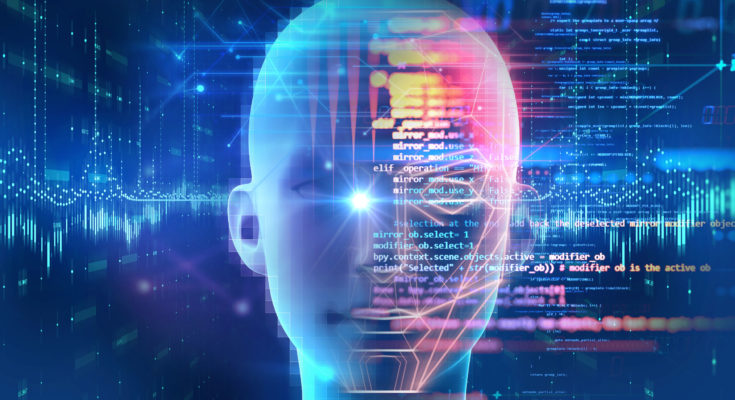Tijdens de Week van Databedrevenheid stelden jullie als leden van GemeentenNL flink wat vragen over de verschillende presentaties. We konden al veel antwoorden geven maar nog niet alle vragen zijn beantwoord. Vandaar dat we de resterende vragen voorleggen aan de sprekers. Dit zijn de antwoorden van dr. Katy Wolstencroft en dr. Andreas Weber op de vragen over hun werkcollege over data-ontwikkelingen en zero shot learning.
De vragen die jullie overwegend in het Nederlands stelden zijn door beide wetenschappers in het Engels beantwoord.
Hoe kijk je naar veranderingen in de tijd, kun je er een dynamisch model van maken?
We can’t really look at changes over time with this particular model, but we can look at changes to biodiversity over time by comparing to modern day records. We facilitate this by using and building on accepted community standards.
Als het documenteren van dieren mogelijk is middels zero learning mogelijk is, is het catelogiseren van een DMS systeem dan niet kinderspel?
Yes, our use case is difficult because of the size of the problem space and the sparce nature of the data. It would be much easier for a smaller domain with better annotation already
Handwriting recognition is getting better and better, is time overtaking the result in the future ?
Our project is also working on handwriting recognition. It is getting better, but its not a solved problem. It is also not the only aspect to think about. Recognising the words doesn’t tell you what those words mean or what the content is actually telling us. You still have to identify which of the text is important and structure it in a way that will enable search, comparison and data mining.
Zijn er praktische toepassingen van deze technologie commercieel beschikbaar? Voorbeelden?
There are no commercially available zero shot learning applications as far as we know, it is too new and still in the research domain. Semantic web applications are becoming more and more common. There are many different commercial tools and whole application examples. The BBC in the UK, for example, uses semantic web technology to organise and serve a lot of its online content
Is there some kind of a business case to make, in which situations you should use this kind of methodes in terms of costs, the availabaility of resources and quantity of information that is available?
If you use any kind of data science approach, there is always an up-front cost involved in manually organising and annotating data before you can do any analysis

